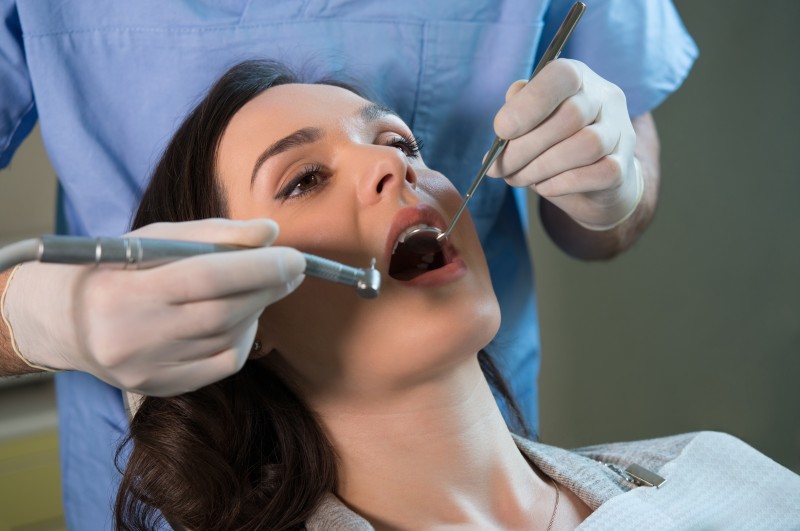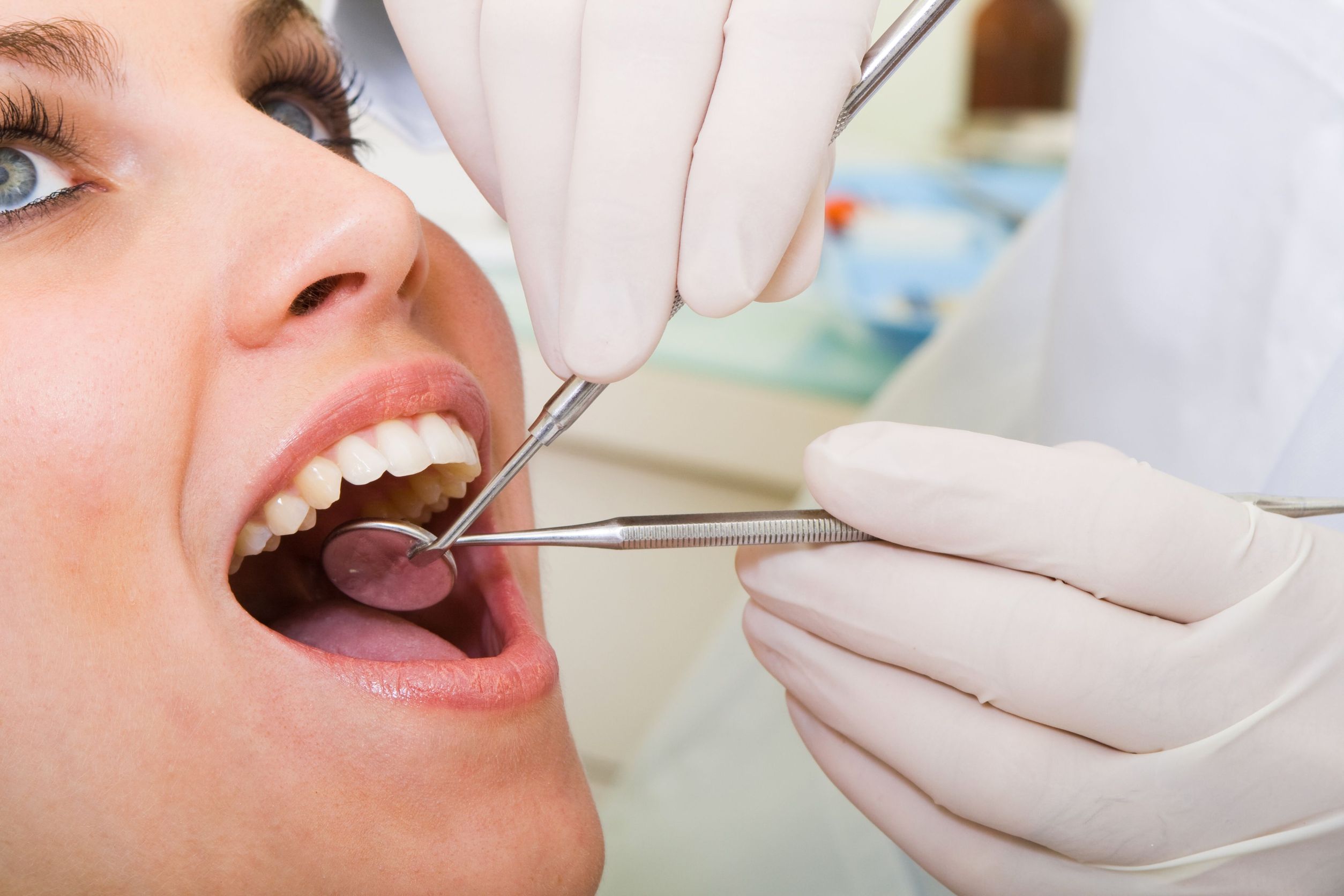There are plenty of things running through a person’s mind when oral surgery is suggested. It is important to answer all these questions before the surgery takes place. With that said, oral surgery should be performed by a reputable Oral Surgeon in Summit NJ. Here are some common questions that most oral surgeons hear.
A person had surgery and took their meds as prescribed, but they still have pain. What should they do?
The patient should make sure they have taken each prescription as prescribed. If pain persists, the Oral Surgeon in Summit NJ may need to adjust the medication or its dosage. If nothing else, contact the maxillofacial surgeon on call to get answers.
A patient was operated on five days ago. During the first three, they had almost no pain, but for the past two days, the pain was almost unbearable. What should they do?
The pain could be due to something a dentist calls a “dry socket.” This condition occurs when the clot that forms in the hole of the tooth moves and dissolves prematurely. This leaves the wound open and causes pain to reappear.
Any present pain can become stronger and can radiate to other teeth or even to the ear. Although pain is more visible, this type of healing process is quite normal. If the prescribed medications reasonably relieve the pain, no further treatment is needed. If not, contact the dentist immediately.
Meds give people a lot of relief, but they may run out. How can they get more?
People can get pain relief without a prescription: ibuprofen (Motrin, Advil) and Tylenol. Tylenol with codeine is available only with a prescription in the US. However, in other countries, Tylenol with codeine is available without a prescription.
If the pain is still severe, contact the maxillofacial surgeon, preferably during office hours, and they should be able to renew your prescription.
A patient had surgery today and currently have nausea. What could be the cause and what should they do?
The most common cause of nausea after surgery is an intolerance to narcotic painkillers (hydromorphone, hydrocodone or codeine). Please ask the oral surgeon about post-operative care for information on how to treat this problem. For more details, contact Westfield Oral Surgery today.


